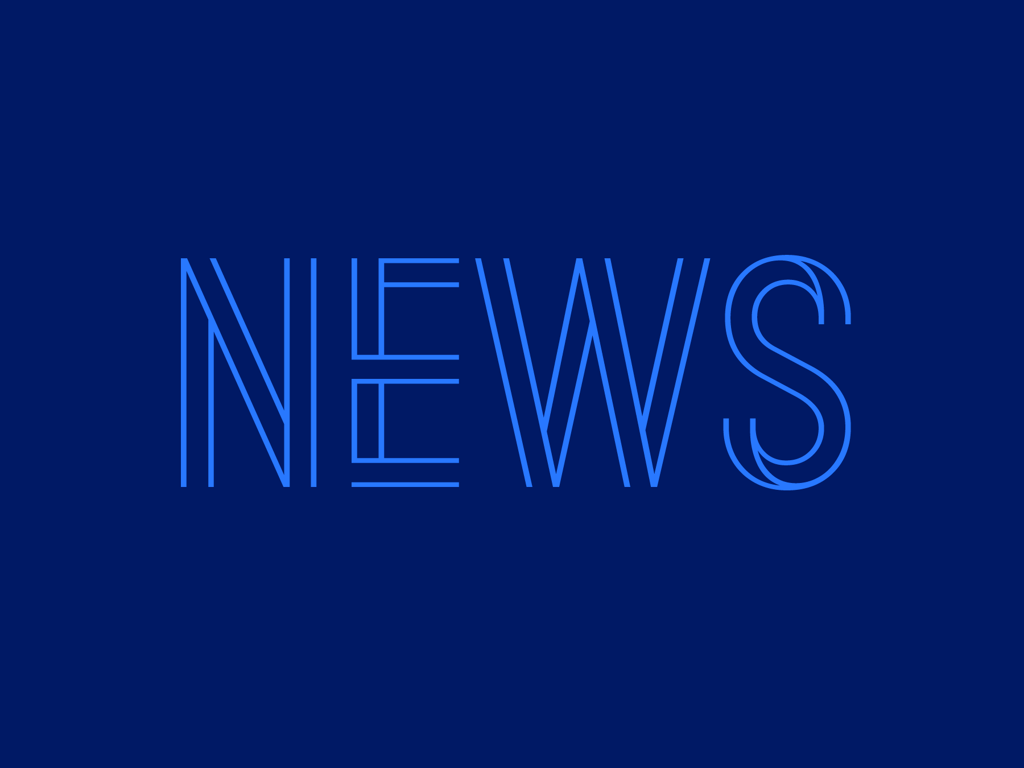Get the most out of the dialogue with your manager
Additional requirements on development and new organisational forms have in some places replaced the traditional job appraisal review concept, including its annual personal development interviews, with other types of meetings between employees and managers. However, a dialogue concerning your development should take place, so here are six good tips from Finansforbundet’s (Financial Services Union Denmark) career consultants that you should consider prior to the personal development review
1. Take the interview seriously
Regardless of your experience with job appraisal reviews in your organisation, you should regard the personal development interview as an important opportunity to put the things you want your superior to know into words.
Make sure that it does not end up being a cosy chat over a cup of coffee with your manager. The interview can take place in a nice atmosphere, but that is not the purpose in itself.
If you find yourself in a company where job appraisal reviews are not held, approaching your union representative and addressing the issue and the need for development may be an important step to take.
2. Preparation is worth its weight in gold
There is no way to know if your superior is aware of all the good things you do in your day-to-day work. Therefore, as part of your preparation for the personal development interview, you should collect the data that shows how you meet your goals, fulfil your job functions and contribute towards the company’s and/or section’s business results.
Think about the impression and information that your manager needs to have after your personal development interview. If there are special themes that you want to discuss, make sure that time is set aside for this purpose beforehand. And if the list of subjects is too long relative to the time frame of the interview, you could propose two meetings instead of a long one.
3. What motivates you?
Apart from focusing on the tasks you resolved successfully, it is also important that you evaluate your work with a focus on motivation. You might be bored with something with which you have lots of experience and are very good at. On the other hand, you may find yourself thrown into projects and challenges that you have no experience with and which you never imagined would be so motivating.
If you do not have a good relationship with your manager, engaging in a dialogue about the connection between tasks, motivation and job satisfaction may feel like a sensitive issue. If you have any doubts at all about how to handle that part of the interview, we recommend that you contact your career consultant at Finansforbundet.
4. A bird’s eye view
A good personal development interview is focused on the past and the future, and it is a key tool that ensures that employees develop in the right direction and strengthen the company. Therefore, it is a good idea that you take a bird’s eye view when you explain to your manager the direction that you would like to go in.
This involves a negotiation-technique approach, where you put yourself in your manager’s shoes to make sure that you also realise that the development direction you envision and the one that the company wants need to match. From here, the interview can start to tackle the tasks that support the development you want.
5. When you do not trust your manager
If the relationship with your manager is very poor and you doubt that you can speak openly and honestly with him/her, it is a good idea that you contact your union representative or Finansforbundet beforehand in order to discuss your concerns (under full confidentiality) and to get ideas and strategies for specific actions.
It may be that you manager has done or said something that affected you negatively. Regardless, it is important that you prepare yourself for how to communicate the things that you consider difficult or unpleasant.
6. Follow up on what is agreed
Both you and your manager should note what you have talked about, what was specifically agreed and what each of you will do. The notes should be used actively over the course of the year to ensure that the things you agreed actually happen. However, it is also to ensure that you have a common point of reference, so that you can talk about what needs to be adjusted on an ongoing basis.
Therefore you should agree on when to revisit your agreements and perhaps follow up on the things that were not quite settled during the personal development interview. The follow-up interview should not be too long after your job appraisal interview.





